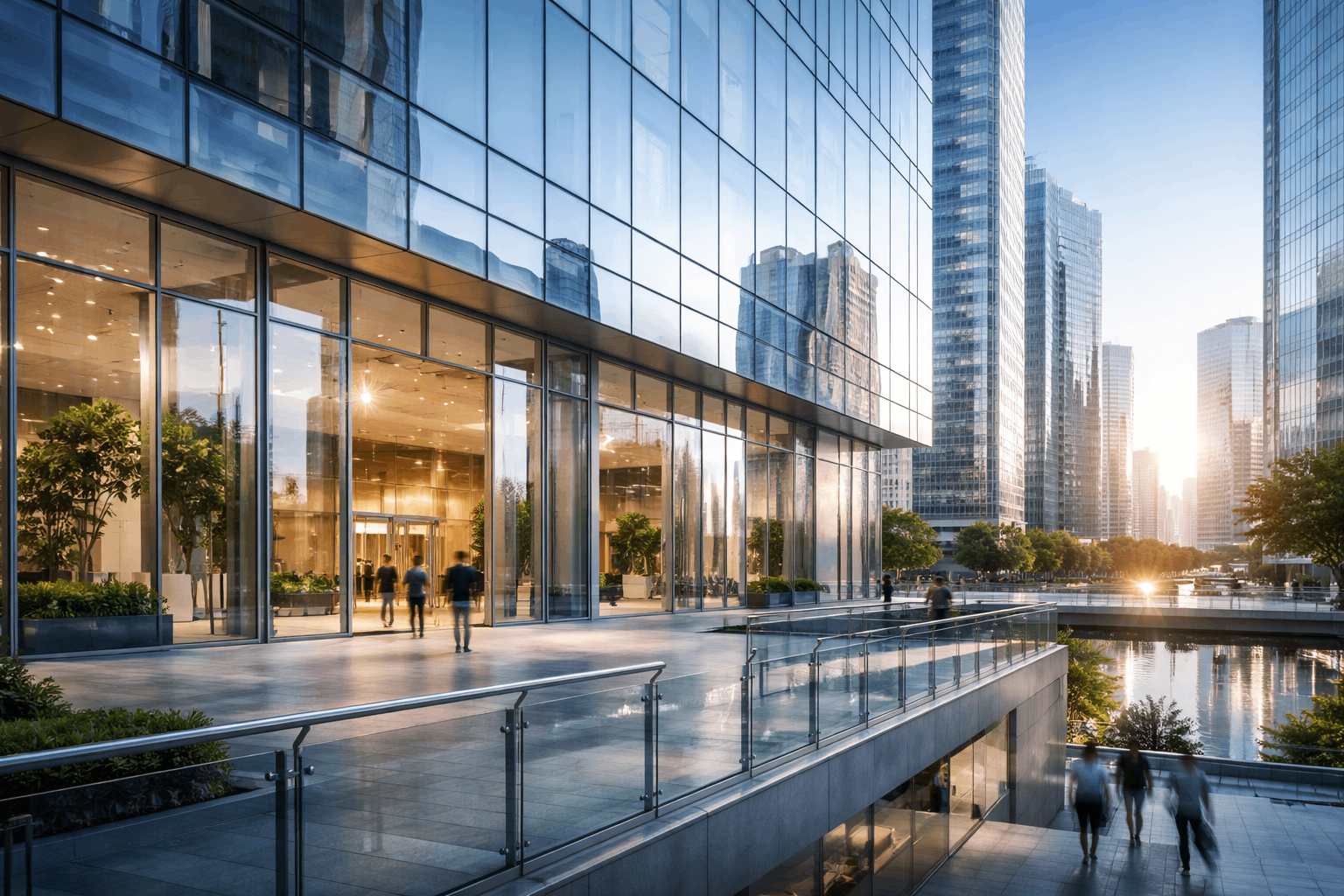PVC (Polyvinyl Chloride) sheets have gained immense popularity in various industries due to their versatility, durability, and cost-effectiveness. However, understanding the lifespan of PVC sheets is crucial for making informed decisions regarding their usage. In this blog post, we will delve into the factors influencing the lifespan of PVC sheets, explore their applications across industries, and provide valuable insights for maximizing their longevity.
- Understanding PVC Sheets:
PVC sheets are synthetic plastic materials composed of polyvinyl chloride. They are manufactured through a process that involves polymerization of vinyl chloride monomers. PVC sheets possess exceptional chemical resistance, electrical insulation properties, and mechanical strength, making them suitable for a wide range of applications. - Factors Influencing the Lifespan of PVC Sheets:
a. UV Exposure: Prolonged exposure to ultraviolet (UV) radiation can degrade PVC sheets, leading to discoloration, brittleness, and reduced lifespan. Implementing UV stabilizers or protective coatings can significantly enhance their longevity.
b. Temperature Fluctuations: Extreme temperatures, both high and low, can impact the structural integrity of PVC sheets. Thermal stabilizers can be incorporated during the manufacturing process to mitigate the effects of temperature fluctuations.
c. Chemical Exposure: PVC sheets are resistant to many chemicals, but prolonged exposure to certain substances can cause degradation. Understanding the specific chemical compatibility and implementing appropriate protective measures can extend their lifespan.
d. Mechanical Stress: PVC sheets can withstand moderate mechanical stress, but excessive bending, impact, or load can lead to cracking or deformation. Reinforcing the sheets with additives or using thicker gauges can enhance their durability. - Applications of PVC Sheets:
PVC sheets find extensive usage across various industries, including:
a. Construction: PVC sheets are widely used for roofing, wall cladding, flooring, and insulation due to their weather resistance, thermal insulation properties, and ease of installation.
b. Signage and Advertising: PVC sheets are popular for creating durable and vibrant signage, display boards, and advertising materials.
c. Automotive: PVC sheets are utilized in automotive interiors, such as door panels, dashboards, and seat coverings, owing to their durability, ease of cleaning, and aesthetic appeal.
d. Electrical and Electronics: PVC sheets serve as excellent electrical insulators, making them suitable for cable insulation, electrical enclosures, and electronic device components. - Maximizing the Lifespan of PVC Sheets:
a. Proper Installation: Following manufacturer guidelines and employing skilled professionals for installation ensures optimal performance and longevity.
b. Regular Maintenance: Periodic cleaning, inspection, and maintenance can prevent the accumulation of dirt, chemicals, or UV damage, thereby prolonging the lifespan of PVC sheets.
c. Protective Measures: Implementing UV-resistant coatings, thermal stabilizers, and chemical-resistant additives can enhance the durability of PVC sheets in specific applications.
d. Quality Assurance: Choosing PVC sheets from reputable manufacturers known for their adherence to quality standards ensures superior performance and longevity.
Conclusion:
The lifespan of PVC sheets is influenced by various factors, including UV exposure, temperature fluctuations, chemical exposure, and mechanical stress. By understanding these factors and implementing appropriate measures, such as protective coatings, thermal stabilizers, and proper maintenance, the longevity of PVC sheets can be maximized. With their versatility and durability, PVC sheets continue to revolutionize industries such as construction, signage, automotive, and electrical/electronics. Embracing the potential of PVC sheets while considering their lifespan is essential for sustainable and cost-effective solutions.
